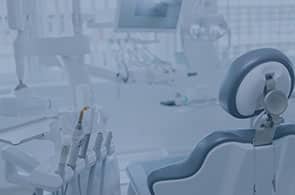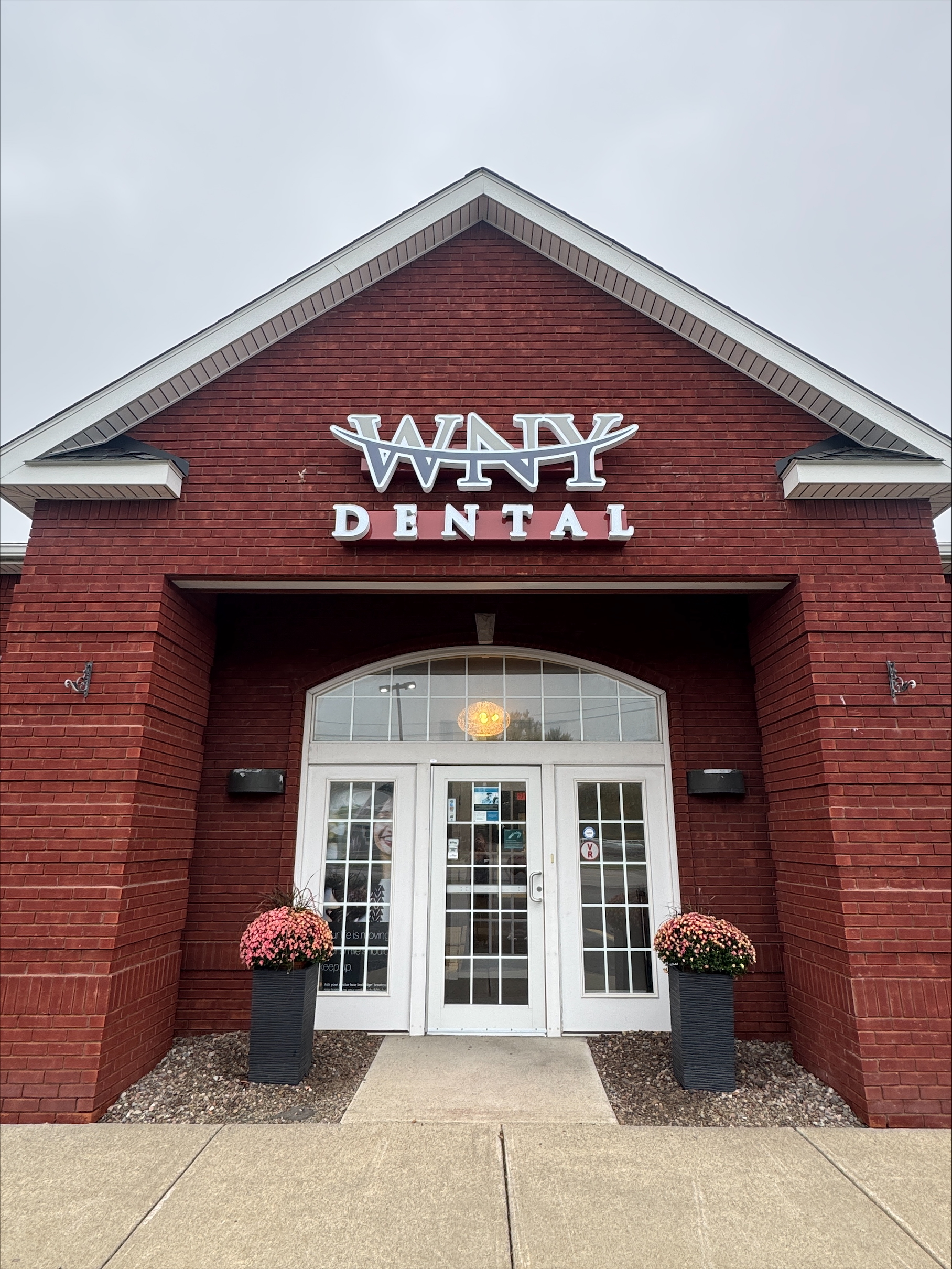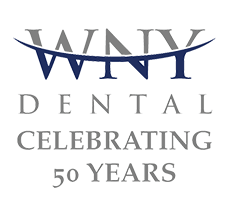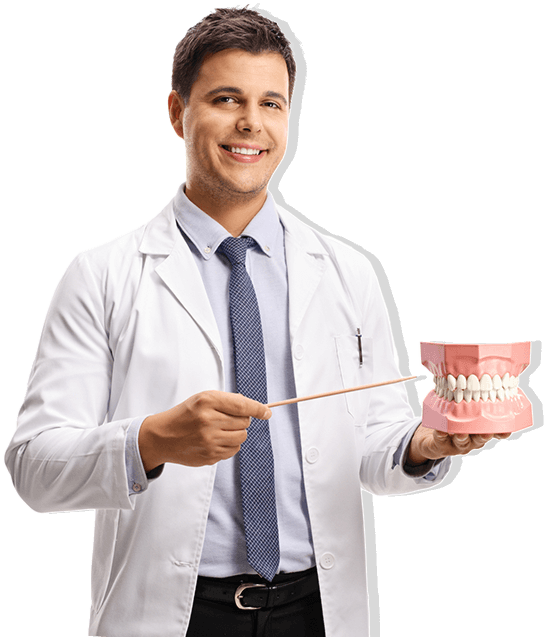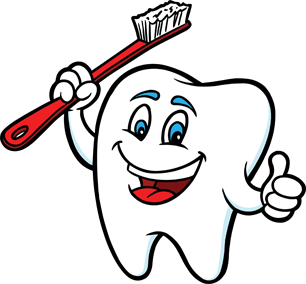Sedation Dentistry
Powerful painkilling medications known as anesthetics not only help a patient avoid discomfort during a procedure, but post-operatively as well. Some patients may require higher doses of anesthetic than others. The comfort of sedation dentistry allows patients to relax throughout the dental treatment. It is safe and very effective as patients are closely monitored by our trained professionals. Your dentist will talk to you about the most appropriate sedation option to address your particular needs.
Local Anesthesia
Anesthetics can be topically applied, injected or swallowed. Topical anesthetics are often applied with a cotton swab to numb the affected area. This approach is often used with tooth restoration. Topical anesthetics are also used to prepare an area of injection for an anesthetic. Lidocaine is the most common injectable anesthetic and is often used for fillings and root canals.
Sedation & General Anesthesia
Sedatives are medications designed to help a patient relax. This can be a powerful tool in avoiding pain. Sedatives are sometimes used in combination with other types of pain relievers and pain killers. Conscious sedation involves administering a sedative while the patient is alert and awake. Intravenous (IV) sedation is usually in the form of a tranquilizing agent; patients given IV sedation are often awake but very relaxed. Deep sedation or general anesthesia involves administering a medication that places a patient in a state of monitored and controlled unconsciousness.
Oral Conscious Sedation
Conscious Sedation is defined as a minimally reduced level of consciousness that retains the patient's ability to breath independently and respond to questions or follow instructions. Sedation Dentistry, sometimes called Relaxation Dentistry, is one way that a dentist can manage pain and anxiety during dental appointments. Unlike general anesthesia where a patient is completely unconscious, the patient can interact with the dentist, but typically has no memory of the procedure.
Are you a candidate for Oral Conscious Sedation? Ask yourself these questions:
- Do you experience extreme anxiety or fear when you're facing a dental appointment?
- Do you gag easily?
- Have you put off or canceled a dental appointment due to anxiety?
- Have you had trouble in the past getting numb prior to receiving dental care?
- Are you facing multiple dental procedures and worry that you won't be able to tolerate them?
If you answered yes to any of these questions, Oral Conscious Sedation might be right for you.
Oral sedation can be used for anything including filling a cavity, performing root canals or surgery to cosmetic dental services. You can regain your oral health or address painful conditions with greater ease.


